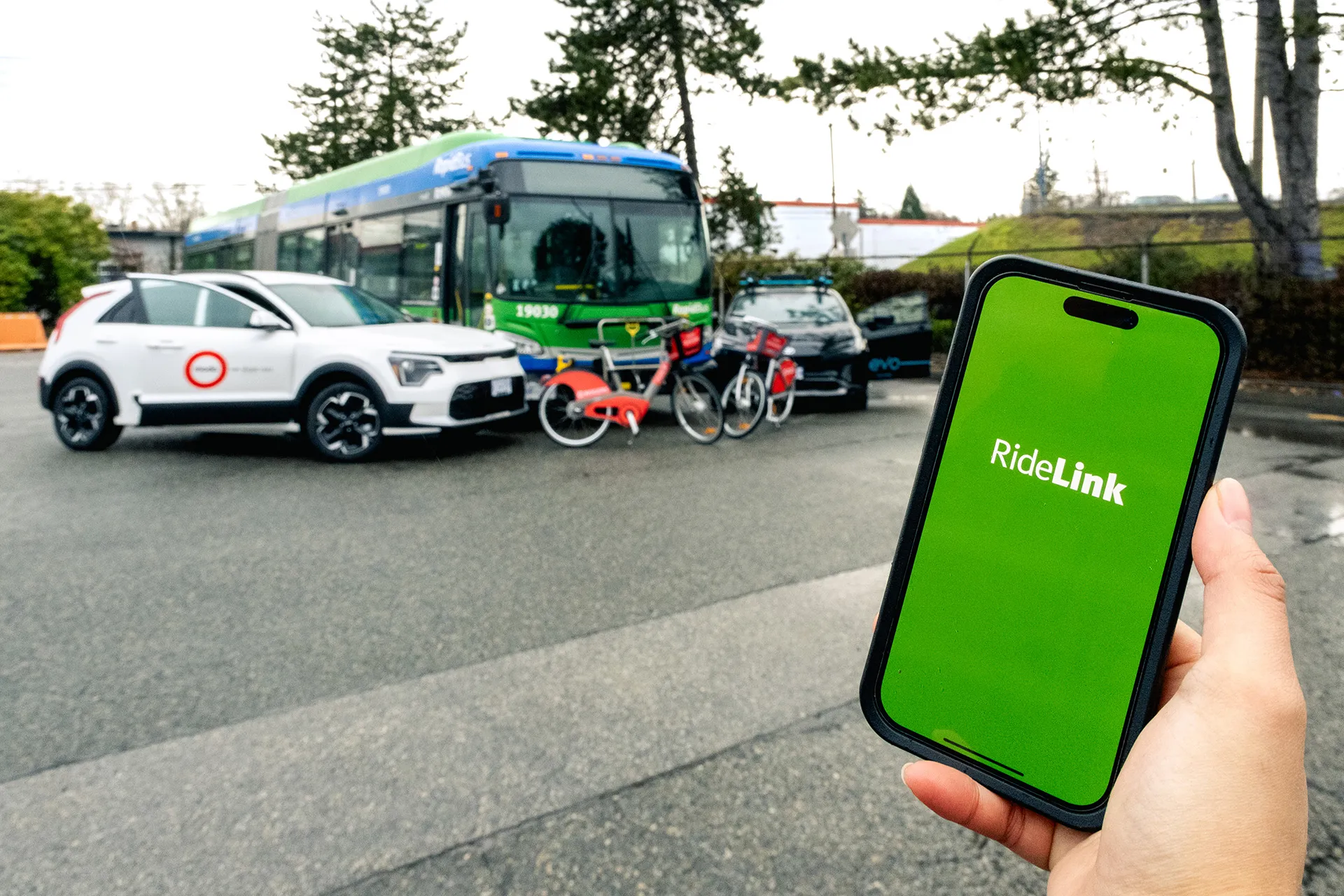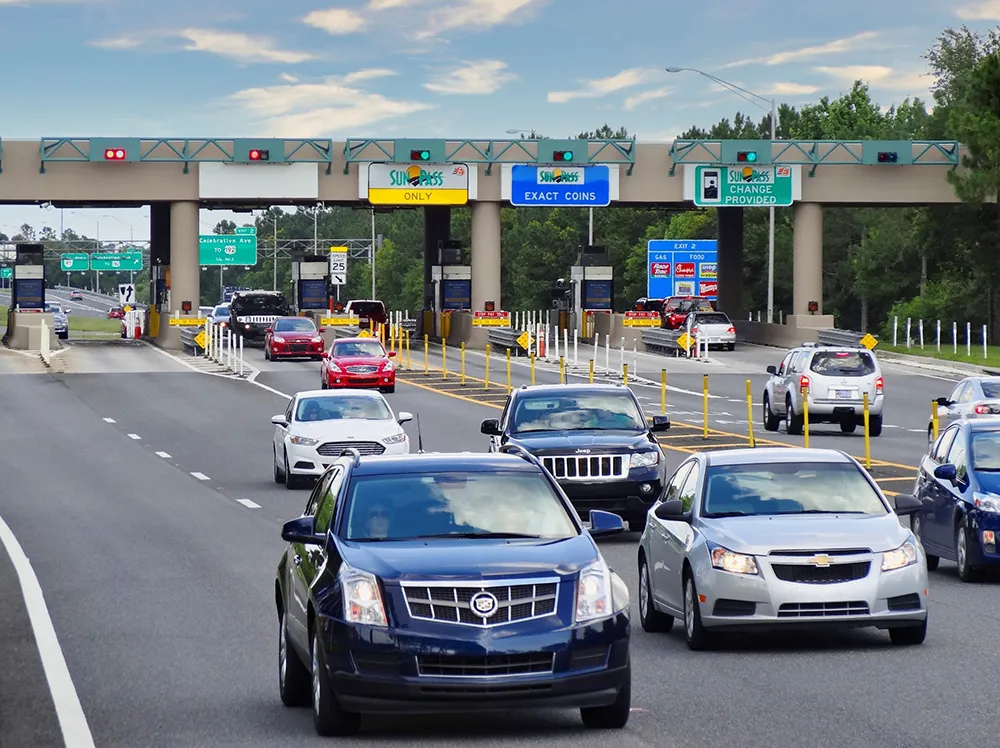
Autonomous vehicle (AV) software specialist Oxbotica is tapping into the world of gaming to help get driverless cars on the road.
The UK-based company is employing video game developers to help create the simulated world in which its autonomous software is tested.

Oxbotica says the developers involved in this virtual test programme have previously worked on "some of the highest-rated titles of the last decade from flight simulators to racing games" on consoles and smartphones.
It insists that simulation allows an infinite number of environments, locations and traffic scenarios to be tested safely - from urban streets to off-road driving, and traffic congestion to unpredictable pedestrian behaviour - which cannot easily be recreated in the real world.
Movie-style animation technology techniques are being used, and Oxbotica says a video game engine, "not dissimilar to those behind Fortnite and Call of Duty, is helping run the company’s virtual test programme".
Todd Gibbs was the first game developer to move to Oxbotica, having previously headed development at NaturalMotion, which launched CSR Racing on iOS and Android.
“There is a lot of commonality between developing a chart-topping game and autonomous software, the most valuable being robust coding principles and a focus on CPU efficiency," Gibbs said.
"We are able to write new code, debug and test in real-time without sacrificing robustness or safety."
As well as simulation testing, Oxbotica conducts live on-road AV trials in London and Oxford.










